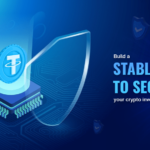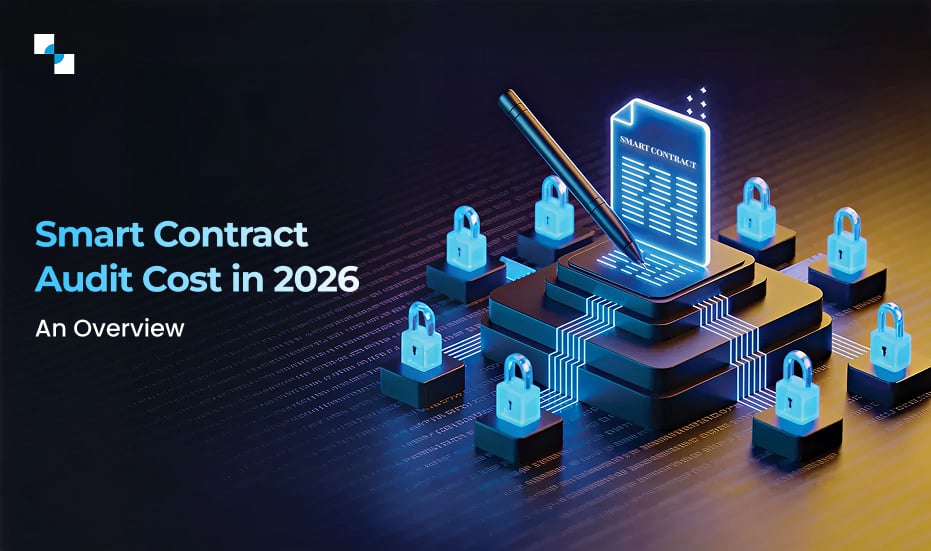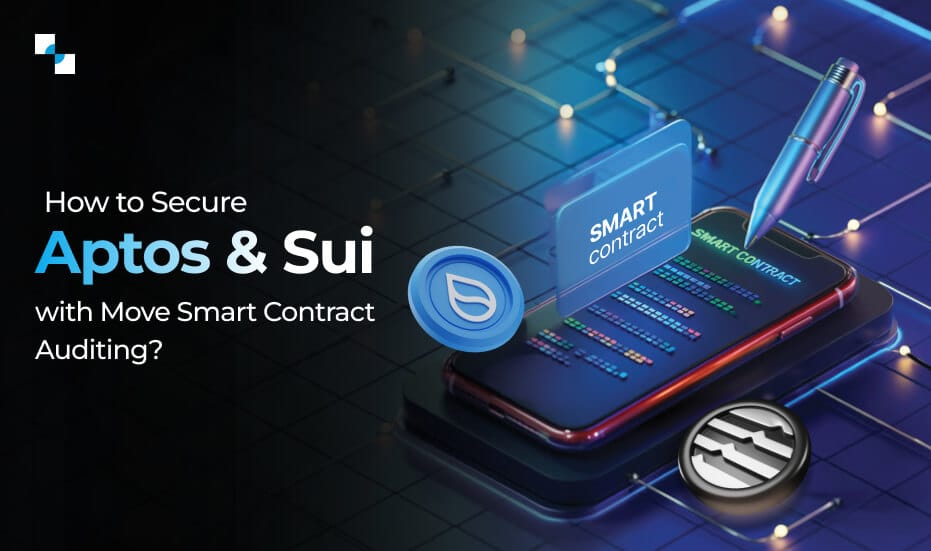Any Blockchain project, be it an NFT marketplace or a DeFi application, that utilizes smart contracts can benefit from auditing. Smart contracts auditing is a process of analyzing contracts’ code to identify security flaws and determining ways to resolve them.
Since the crypto industry is a highly dynamic sector, malicious agents are always eager to make money by exploiting smart contracts vulnerabilities that result in various security risks. So it has become crucial for businesses to follow the best smart contract audit practices to keep their business operations secure from hacktivists.
This blog sheds light on the best smart contract audit practices businesses must follow in 2023. But before moving further, let’s understand some major factors that affect the security of smart contracts and the list of top smart contracts’ security risks.
Prominent Factors that Affect the Security of Smart Contracts
- Source code
Over the past couple of years, many Blockchain platforms have experienced huge losses due to programming errors or vulnerabilities in smart contracts’ source code. Though Ethereum is one of the most popular Blockchain platforms in the crypto market, the platform had to perform a hard fork in 2016 to revert the damage caused due to a DAO hack.
- Virtual Machines
In addition to source code, virtual machines could also affect the security of smart contracts. Virtual machines are prone to various attacks and errors. For instance, EVM(Ethereum Virtual Machine) is vulnerable to various critical security attacks like access control issues and immutable defects caused by programming errors.
List of Top Smart Contracts Security Risks
Here is the list of some top smart contracts security risks:
1. Reentrancy
The DAO attack that happened in 2016 was a reentrancy security issue that led to a loss of almost 60 million US dollars. The reentrancy attack occurs when attackers recursively call ‘functions’ before the completion of existing contract execution. Calling external contracts repetitively poses serious threats to the data. It allows hackers to change the state of the contract and make changes that weren’t expected earlier.
2. Timestamp Dependence
When a smart contract uses block.timestamp function to perform a critical logic, then the vulnerability called timestamp dependence occurs. It includes actions like using the function to create a random number or sending ETH. Since the function contains the transaction code of the contract, it could be easily modified by the attacker.
3. Frontrunning
Frontrunning is a major issue on public Blockchain networks like Ethereum. This attack involves the malicious use of the transaction processing approach. The process of placing a transaction in a queue by understanding the processing order of upcoming transactions in advance is called frontrunning. Miners use the frontrunning technique to earn more profits during crypto trading.
4. Denial of Service
Denial of Service is the most common smart contract security issue that occurs when attackers prevent other users from placing their bids by constantly calling the bid() function. Attackers can use the fallback function that reverses any payment using a smart contract. Moreover, malicious bidders can become leaders while ensuring that refunds to their particular address will never fail.
Best Smart Contract Audit Practices
1. Pentesting and regular audits
It is crucial to perform pentesting on a timely basis even if the system seems flawless as hackers are always eager to find ways to exploit vulnerabilities or security flaws. Performing a periodic smart contract audit using trusted tools such as MynthX and Mythril can help you identify potential security flaws.
2. Use an automatic security scanner
Running an automated security scanner can help you identify details about vulnerabilities, affected components, CVSS score, potential monetary loss, vulnerability impact, and many more. In addition to that, a security scanner can help you find errors in your source code. An open-source security scanner supported by the Ethereum foundation can be used for Ethereum smart contracts.
3. Follow the security checklist
It is necessary to follow the Blockchain security checklist to ensure the security of Blockchain apps which includes:
- Multi-factor authentication
- SIEM(Security incident and event management) system
- Policies to determine the level of access required for the right purpose
Conclusion
To conclude, businesses must also use smart contract auditing and monitoring tools to perform smart contract audits in addition to practices shared in this blog post. As smart contracts are essential for driving the future of the web3 revolution, it is crucial to be concerned about smart contract security. It is also recommended to seek assistance from a renowned smart contract audit company like Antier to share your security audit needs.
Antier is a name among the smart contract audit companies with over a decade-long experience in the crypto industry. The testing and quality assurance teams at Antier work tirelessly to provide their clients with the best smart contract audit services.
Contact us to get a professional smart contract audit today.







